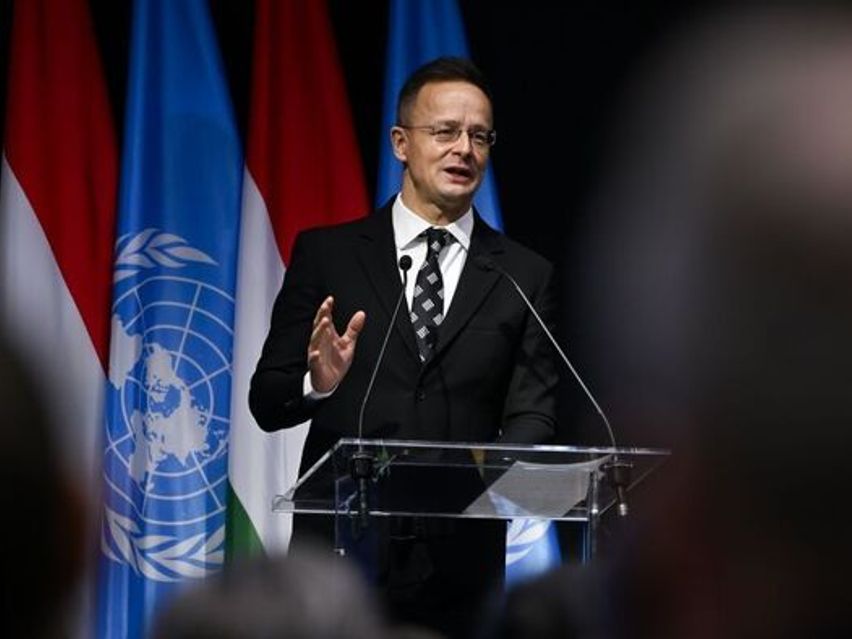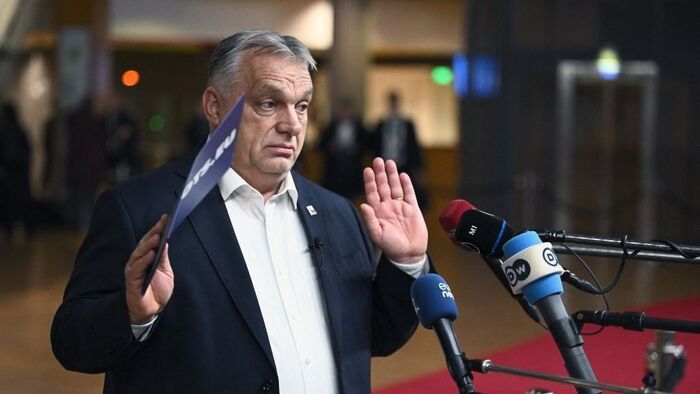John Morijn, a member of the Meijers Commission, an advisory body working alongside the EU, has voiced a very sharp opinion on Hungary’s upcoming EU presidency. Mr Morijn argues that the Hungarian presidency should be postponed because the country’s government’s view on migration differs from Brussels’ position and could push the rules in the opposite direction.
Hungary cannot be trusted not to take the regulation in the opposite direction to what would be in the interests of Brussels. I’m afraid Hungary is looking after its own interests rather than those of the community. Can the Council, the Commission and Parliament allow to have all migration issues to be completely bogged down for six full months?
− the advisor said.
The Meijers Commission in the Netherlands produces studies and analyses on a range of issues, including the rule of law, criminal justice and migration. Recently, in response to an urgent request, they carried out a study on the Hungarian and Polish EU presidencies, and whether the two countries could fulfill the position. Hungary would take over the rotating presidency of the European Council on 1 July 2024, just after the European Parliament elections. Poland would follow in rotation from January 2025.
Obviously a country, in this case Hungary, will sit down at the negotiating table in a different way if it knows that it has been deprived of serious resources by the European Council because of problems with the rule of law. This will, in and of itself, determines the country’s position and may influence the course of the negotiations. But equally, how can Hungary and Poland preside over the rule of law agenda?
− John Morijn said, opining that a conflict of interest in such situations is quite obvious.
Mr Morijn expects that, depending on the opinion of the Council and the European Commission, the Hungarian presidency will be postponed until the rule of law criteria have been met and Hungary’s government has addressed all issues under the Article 7 procedure.























Szóljon hozzá!
Jelenleg csak a hozzászólások egy kis részét látja. Hozzászóláshoz és a további kommentek megtekintéséhez lépjen be, vagy regisztráljon!